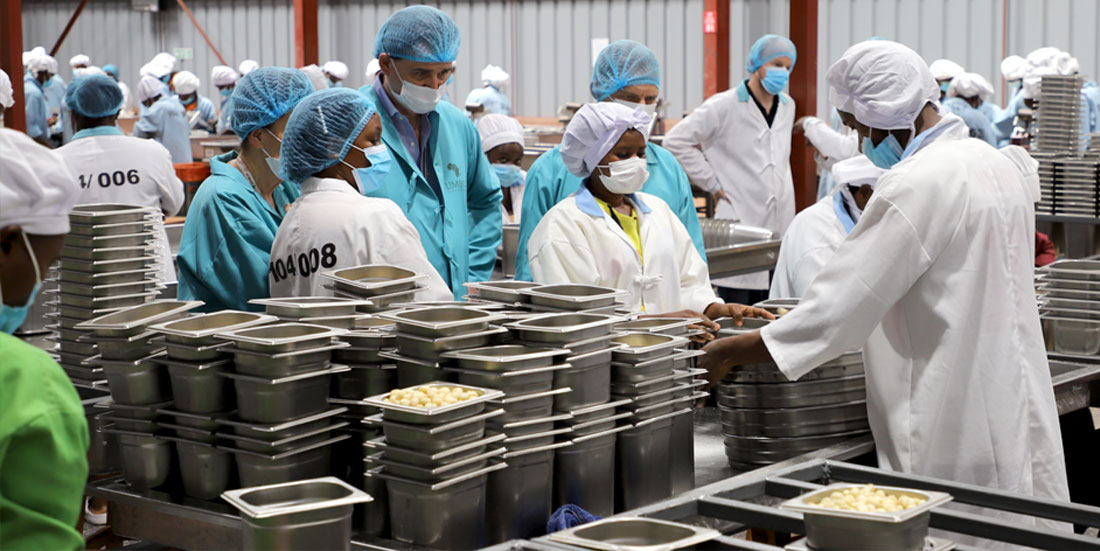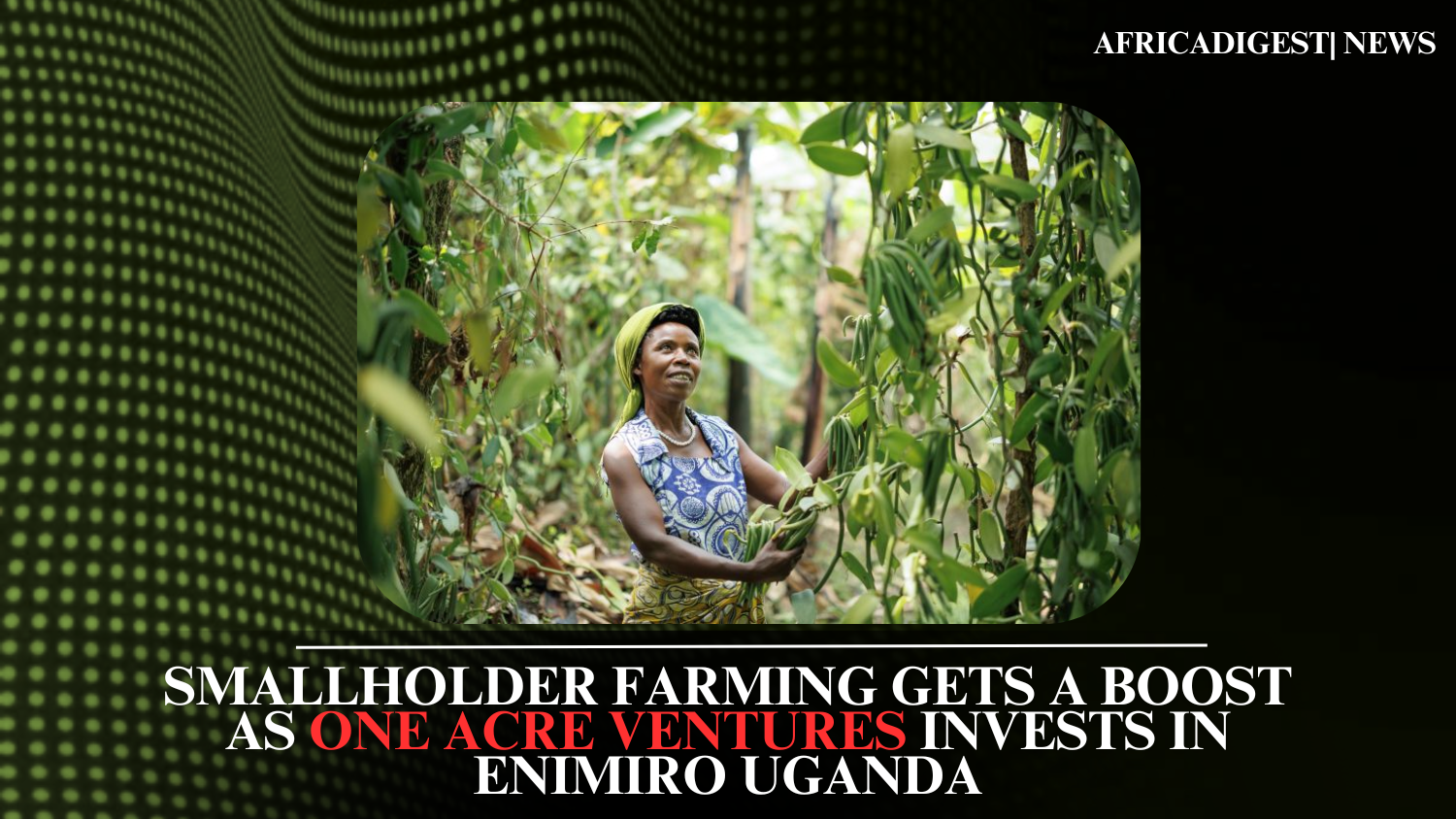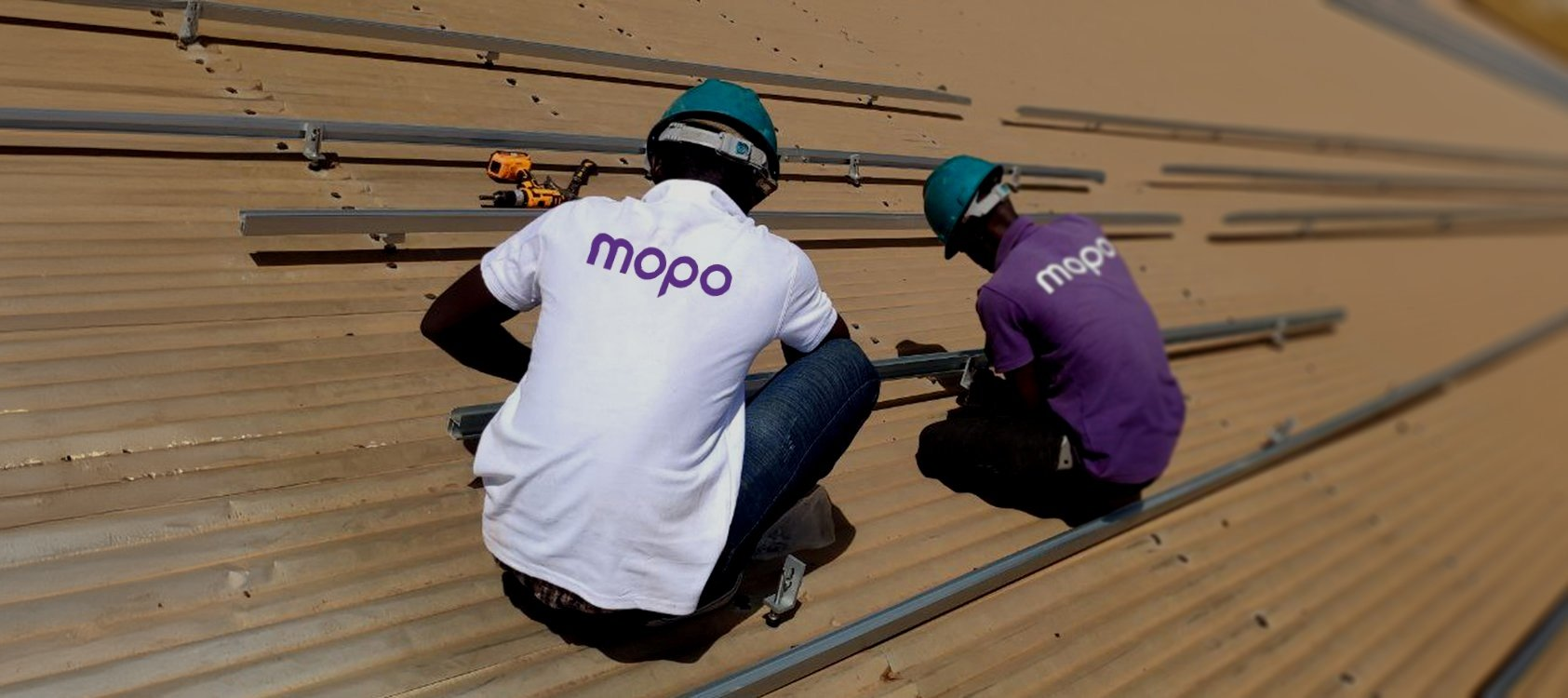As Kenya strengthens its policies on agricultural value addition, Limbua Kenya is emerging as a model for inclusive, climate-smart growth.
Backed by a new investment from Belgium’s BIO, the social enterprise is scaling its organic macadamia processing network, linking over 10,000 farmers to global ethical markets.
The deal comes as Kenya’s macadamia sector, projected to generate over KSh 10 billion ($77 million) annually, adopts stricter value-addition and quality policies.
With the 2025 harvest season in full swing, Limbua’s blend of fair trade, biodiversity, and precision processing positions it as a clear leader in a market growing at 7.8% CAGR through 2030.
From Mount Kenya’s Farms to the World
Founded in 2006 by German entrepreneur Matti Spiecker and Kenyan partner Peter Muchau Wangara, Limbua was built on one mission: connect smallholder farmers directly to premium global markets, cutting out exploitative middlemen.
From humble beginnings in Embu County, the enterprise has grown into a network of 10,000 certified farmers cultivating organic macadamia trees alongside avocados, mangoes, and coffee.
Each farm spans one to two acres, relying on regenerative practices such as intercropping, natural pest control, and soil enrichment.
Farmers earn above-market prices paid instantly via M-Pesa, stabilising rural incomes and supporting education and health needs.
Over 50 local agronomists deliver continuous training, ensuring consistent quality and climate resilience.
Limbua’s gender impact is just as powerful: more than half of its 700+ employees are women, many from farming families. Year-round contracts bridge off-season income gaps, an anchor for stability in regions where rural jobs are scarce.
“By prioritising women, we strengthen entire communities,” says Limbua’s leadership team. “It’s about shared prosperity, from farm to factory.”
Premium Processing, Ethical to the Core
At the heart of Limbua’s operations are four decentralised processing hubs, strategically placed near farms to cut transport costs and preserve freshness.
Here, macadamias are de-husked, dried with low-energy systems, and cracked with under 5% breakage, a benchmark few competitors achieve.
Every byproduct finds purpose: shells fuel biogas systems, while husks are converted into biochar fertiliser, closing the waste loop and aligning with circular economy principles.
READ ALSO:
Why Farm to Feed’s $1.5M Raise Signals the Rise of Sustainable Agritech in Africa
The company’s certifications read like a gold standard checklist: EUOrganic, USDA NOP, Fair for Life, Bio Suisse, Regenerative Organic Certified (ROC), Demeter Biodynamic, Halal, Kosher, and IFS/BRC Food Safety.
These open premium export doors in Europe, North America, and Asia, where ethical sourcing commands 20–30% higher prices.
Its digital traceability system, integrating biometric farmer IDs and blockchain-like tracking, ensures transparency “from seedling to shelf.”
The innovation earned Germany’s 2025 CSR Award for Digital Tools in Sustainable Supply Chains.
Crucially, Limbua’s model retains value within Kenya, aligning with the government’s 2025 raw nut export ban, which aims to double kernel values and spur rural manufacturing.
BIO’s Investment: Expanding Capacity and Climate Resilience
BIO’s latest commitment, estimated between €5 million and €10 million in blended debt and equity,marks a major vote of confidence. The funds will:
- Expand processing capacity by 30%, including a fifth factory.
- Upgrade clean energy infrastructure with solar panels and biogas cookers.
- Deepen farmer training in agroforestry and organic certification.
Once complete, Limbua’s annual output will double to 5,000 tonnes of macadamia kernels.
“We’re proud to back a company combining inclusive growth, sustainability, and innovation,” said Nada Shall, BIO’s Regional Head for Eastern and Southern Africa. “Limbua contributes directly to Kenya’s agro-industrial transformation and rural livelihoods.”
For smallholders like Ephantus Murage Murenga, one of Limbua’s earliest partners, the change is evident:
“Before Limbua, we sold to brokers for little. Now we earn fairly, plant new trees, and send our children to school.”
By 2027, BIO’s support is expected to help Limbua expand 20% more women-led farms and boost farmer income by 25%.
A Blueprint for Kenya’s Macadamia Boom
Kenya is the world’s fourth-largest macadamia producer, with 200,000 hectares under cultivation and 200,000+ households engaged.
Yet the industry faces challenges including,pricevolatility, premature harvesting (curbed by the March 2025 maturity ban), and climate stress.
Limbua’s regenerative model mitigates these risks, sequestering carbon through biodynamic farming and diversifying farmer income streams.
As demand surges for macadamia oil, butter, and plant-based snacks, the company’s vertically integrated supply chain is well-positioned to capitalise.
The cooperation with Kenya’s new County Aggregation and Industrial Parks (CAIPs) programme, starting in Embu, could amplify regional exports and lift rural GDPs by up to 15%.
Nuts About the Future
As Limbua’s new plant takes shape, the vision is clear: turning smallholder farming into a global sustainability story.
The ripple effects including higher incomes, cleaner energy, and a climate-positive footprint extend far beyond Kenya’s borders.
BIO’s backing cements Limbua’s role as a blueprint for Africa’s agro-industrial future, where prosperity grows hand in hand with the planet’s well-being.
Because in Limbua’s world, a macadamia nut is never just a snack; it’s a seed for change.
LIMBUA Group Limited: Kenya’s Macadamia Export Pioneer
LIMBUA Group Limited is a leading organic macadamia exporter in Kenya, operating from Embu and Kirinyaga counties through LIMBUA Ena EPZ Ltd.
The company partners with over 7,000 smallholder farmers to produce certified organic LIMBUA macadamia nut products and other LIMBUA Kenya products such as cold-pressed oils.
Workers’ pay varies by role, with LIMBUA Kenya salary and LIMBUA jobs salary typically aligning with Kenya’s agro-processing sector averages.
Current LIMBUA jobs and LIMBUA Group Limited vacancies in Kenya can be found on local job boards and the company’s career portal.
For price enquiries, LIMBUA Kenya product prices and wholesale export rates are available through LIMBUA Kenya contacts listed on the company’s official site.
Ronnie Paul is a seasoned writer and analyst with a prolific portfolio of over 1,000 published articles, specialising in fintech, cryptocurrency, climate change, and digital finance at Africa Digest News.






